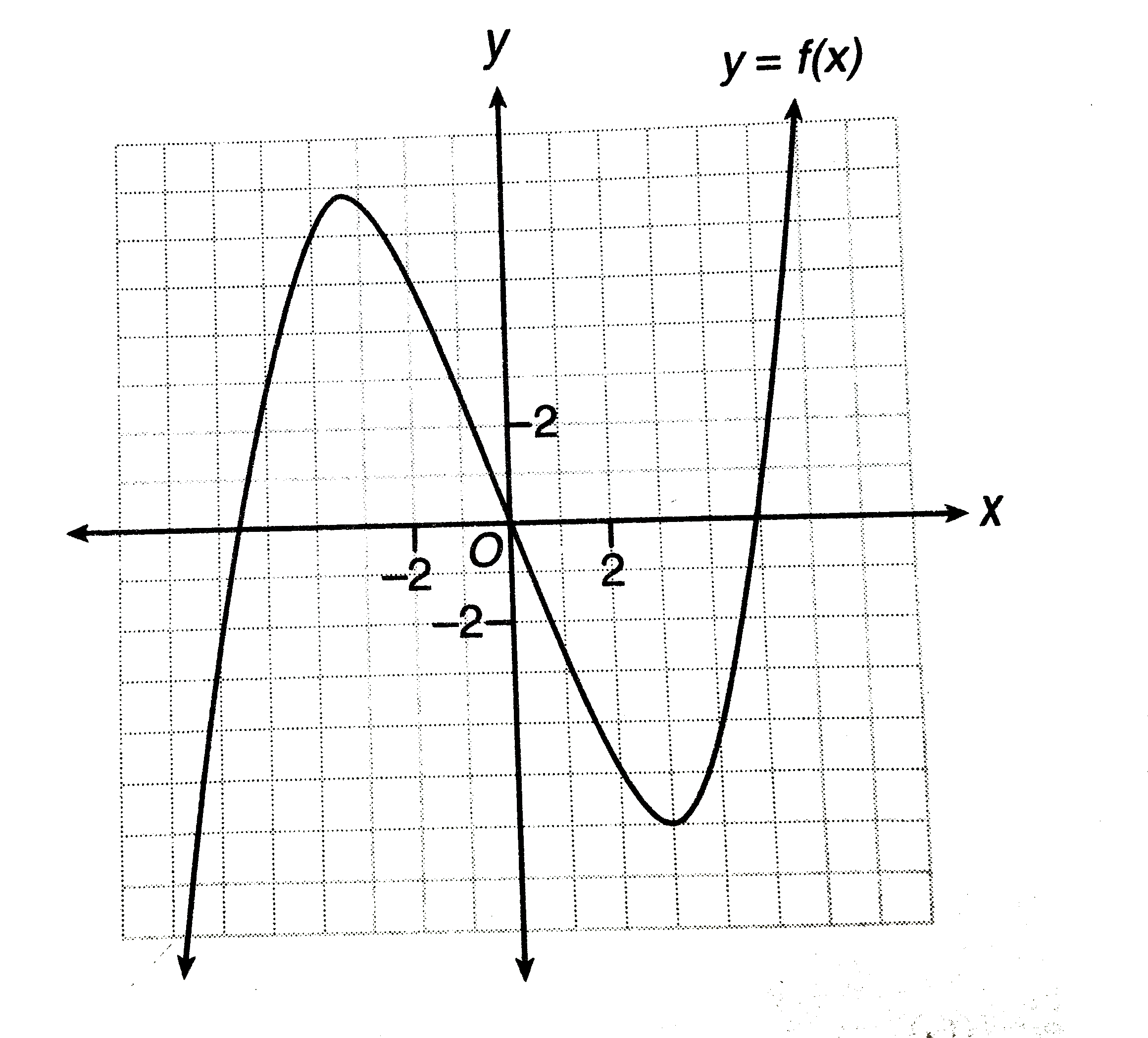Prove that the maximum number of points with rational coordinates on a circle whose center is (√3,0) is two.
Video Solution
Text Solution
There cannot be three points on the circle with rational coordinates as for then the center of the circle, being the circumcenter of a triangle whose vertices have rational coordinates, must have rational coordinates ( since the coordinates will be obtained by solving two linear equations in x, y having rational coefficients ). But the point (√3,0) does not have rational coordinates.
Also, the equation of the circle is
(x−√3)2+y2=r2
or x=√3±√r2−y2
For suitable r and x, where x is rational, y may have two rational values.
For example, r=2,x=0,y=1,−1 satisfy x=√3±√r2−y2 .
So, we get two points (0,1) and (0,-1) which have rational coordinates.
|
Topper's Solved these Questions
- CIRCLE Book:CENGAGE ENGLISHChapter:CIRCLE Exercise:Examples
Explore 13 Videos
- CIRCLE Book:CENGAGE ENGLISHChapter:CIRCLE Exercise:CONCEPT APPLICATION EXERCISE 4.1
Explore 1 Video
- BINOMIAL THEOREMBook:CENGAGE ENGLISHChapter:BINOMIAL THEOREMExercise:Matrix
Explore 4 Videos
- CIRCLESBook:CENGAGE ENGLISHChapter:CIRCLESExercise:Comprehension Type
Explore 8 Videos
Similar Questions
Knowledge Check

16-18 The graph of polynomial function f is shown above.
Q. What is the maximum number of points a circle whose center is at the origin can intersect the graph of y=f(x)?A2B3C4D6How many points with integer coordinates lie on or inside a circle of radius three units centered at the origin?
A16B28C29D30
Le n be the number of points having rational coordinates equidistant from the point (0,√3), the
View SolutionFind the coordinates of a point A, where AB is the diameter of a circle whose centre is (2, 3) and B is (1, 4).
View SolutionFind the polar coordinates of the points whose cartesian coordinates are
(−3,4)
View SolutionThe quadratic equation with rational coefficients whose one root is 3+√2 is
View SolutionFind the coordinates of a point A , here AB is a diameter of the circle whose centre is (2, −3) and B(1, 4) .
View SolutionProve that √n is not a rational number. if n is not a perfect square.
View Solution
